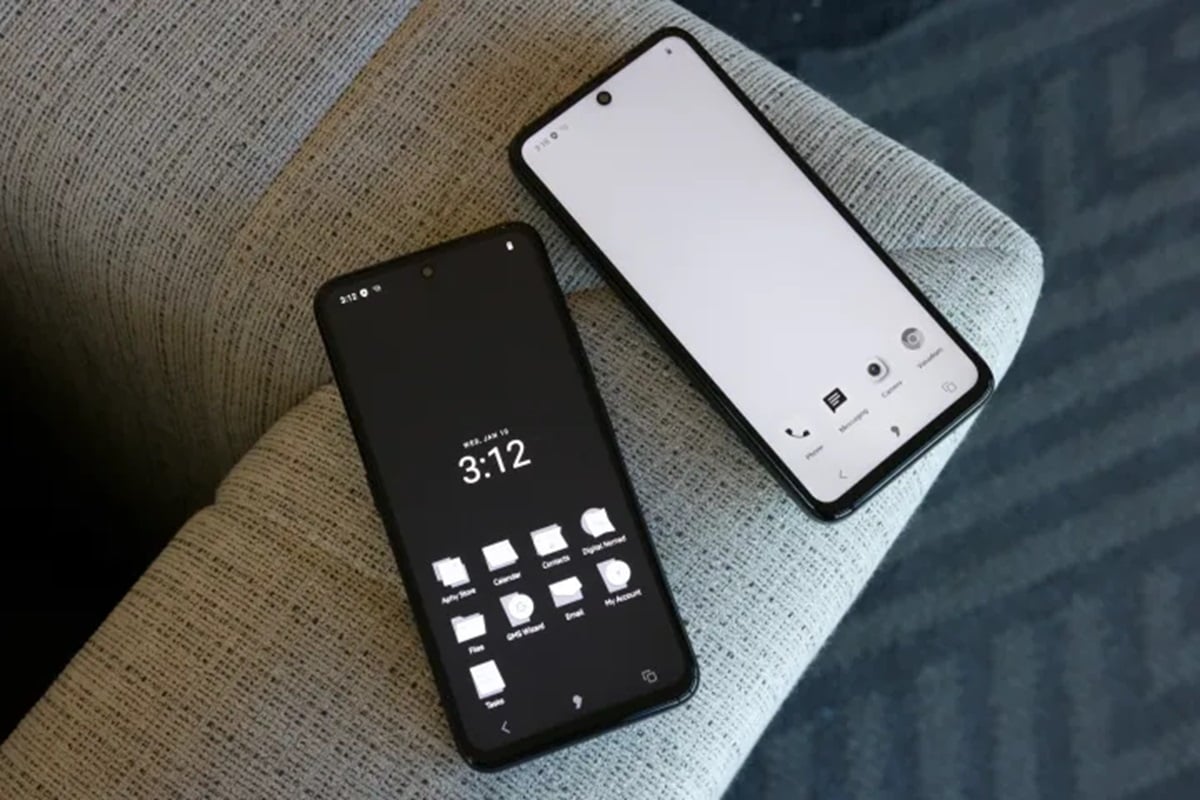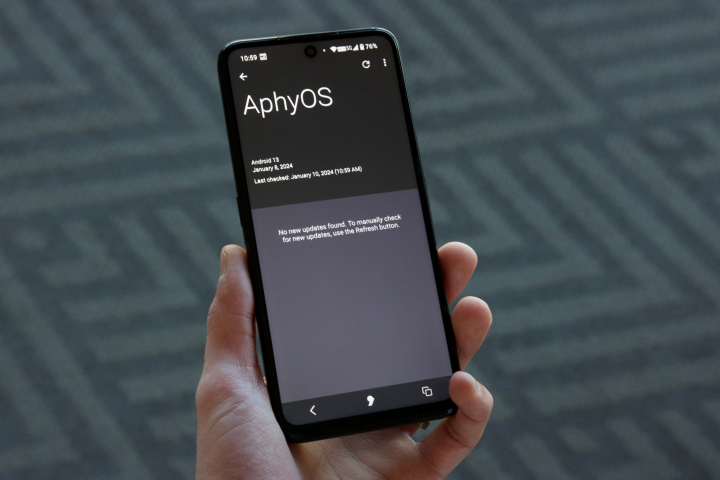When you buy a phone today, you have two choices: Android or iOS. But at CES 2024, I found a smartphone operating system trying to be the third option between Android and iOS. It’s called Apostrophy OS (AphyOS), and it aims to be an alternative for smartphone manufacturers.

Apostrophy OS is based on Android 13 but modified for enhanced user privacy. Apostrophy, based in Switzerland, emphasizes giving users complete control over their personal data.
The main home screen on Apostrophy OS is called the “Domus,” featuring shortcuts to the Aphy Store, calendar, contacts, VPN service, files, and email. This page runs through Apostrophy’s servers for maximum security. Swiping left takes you to the “Piazza,” a customizable Android home screen with sandboxed apps for added security.
You can still use any Android app like WhatsApp, YouTube, or Instagram, but each app runs independently without accessing your data beyond its boundaries. The Google Play Store isn’t pre-installed, but you can easily add it by entering your Google account information.
Apostrophy OS offers a suite of apps and services, including “Digital Nomad,” an integrated VPN allowing you to hide your activity behind a virtual private network. Another feature is “Ledger,” allowing you to adjust app permissions easily. It provides dials for Data Privacy and Carbon Reduction, simplifying the process of managing app permissions.

The first Apostrophy OS phone, priced at $749, features a 6.67-inch screen, MediaTek Dimensity 900 processor, 6GB RAM, 128GB expandable storage, and a 64MP main camera. Despite its solid construction and user-friendly software, the specs at this price point may face challenges.
Apostrophy plans to launch more OS phones, with another OEM already on board and a third expected by the year-end. While the company needs to address challenges like getting more devices in stores and convincing users of its value, Apostrophy OS aims to offer a compelling alternative. The company believes it provides the best of both worlds and challenges users to question why they would choose another Android device.
Source: digitaltrend
Leave a Reply